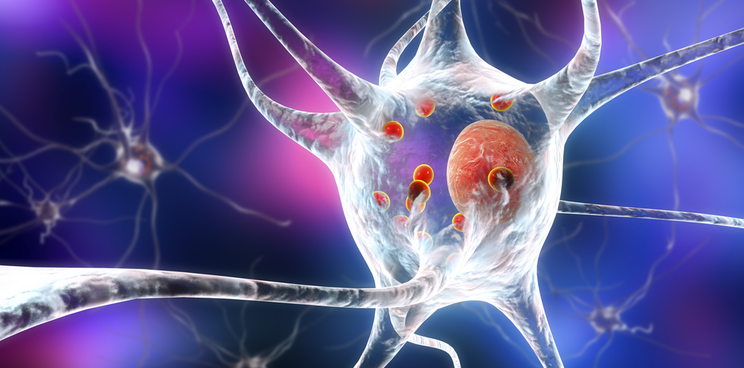Newsletter Signup - Under Article / In Page
"*" indicates required fields
Modag has developed a candidate drug targeting the neurodegenerative disease multiple system atrophy, which it plans to take to the clinic with €12M in Series A funds.
Multiple system atrophy is a rare disorder, with similar symptoms to Parkinson’s disease, that is caused by breakdown of neurons in parts of the brain. The German biotech’s drug candidate prevents and stops the build up of a protein called alpha-synuclein around certain neurons by binding to and dissolving the protein. If effective, this means that while it will not be able to reverse damage already done by the disease, it will be able to stop it from spreading further.
“Although multiple system atrophy is scarce in diagnosis, it does affect the lives of thousands of patients who have no hope for a cure, but can only mitigate symptoms as the disease inevitably progresses,” Armin Giese, co-founder and CSO at MODAG, told me. “We believe that we are on the path to finding a substantial treatment method for these patients and that we are in a prime position to do so.”
The company was founded in 2013, based on research carried out at the University of Munich and the Max-Planck-Institute for Biophysical Chemistry in Göttingen. It was operating in stealth mode until this week when it announced the series A round funding, which was led by Massa Investment AG.
While most competitors are developing antibody-based treatments to target alpha-synuclein, Modag is going for a small molecule that is able to effectively penetrate the blood–brain barrier. Other advantages are that it can be taken orally and does not fragment the proteins it targets, which is beneficial as fragmentation can lead to the start of additional build up and neurodegeneration elsewhere in the brain. The company plans to start a phase I trial in healthy volunteers in 2020 to assess the safety and tolerability of its candidate drug.
Modag plans to first focus on obtaining clinical proof of concept in patients with multiple system atrophy. However, Giese explained that, due to its mode of action, there is potential for their drug to also be effective in Parkinson’s disease and other neurodegenerative conditions that involve buildup of alpha-synuclein.
Images via Shutterstock






